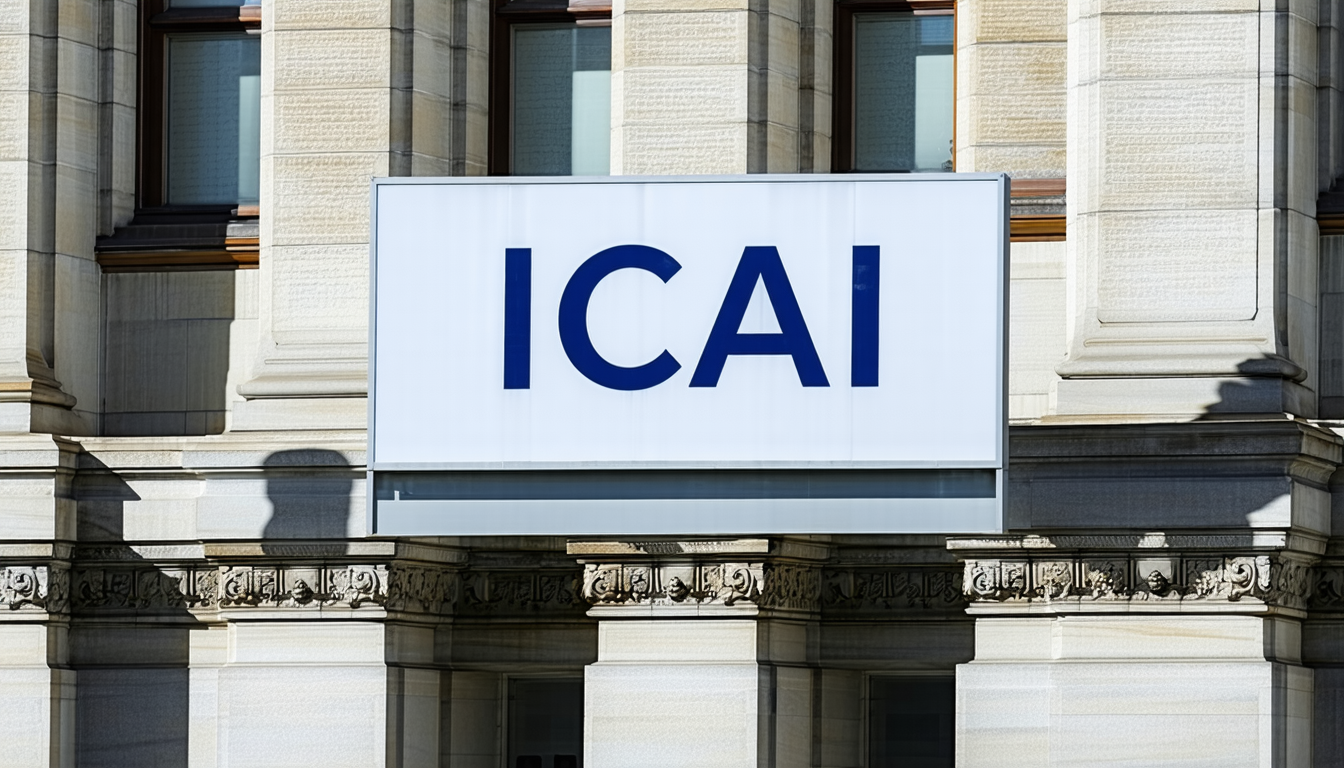Introduction
In the rapidly evolving world of digital security, ICAI SSL (Internet Certificate Authority Infrastructure Secure Sockets Layer) is emerging as a critical player in safeguarding online transactions and data privacy. As cyber threats continue to escalate across the United States, businesses and individuals are increasingly turning to advanced SSL solutions like ICAI SSL for robust protection. This article delves into the latest developments surrounding ICAI SSL, its growing adoption in the U.S., and what this means for cybersecurity. From recent innovations to expert insights, here’s everything you need to know about this pivotal technology.
What Is ICAI SSL? A Brief Overview
ICAI SSL refers to a specialized framework within the Secure Sockets Layer protocol, designed to enhance encryption and authentication for internet communications. Unlike traditional SSL certificates, ICAI SSL integrates advanced certificate authority mechanisms to ensure higher trust levels for websites, applications, and online services. In the United States, where data breaches cost companies an average of $9.48 million per incident in 2023, according to IBM’s Cost of a Data Breach Report, such technologies are becoming indispensable.
This framework is particularly vital for industries like e-commerce, finance, and healthcare, which handle sensitive user information daily. With over 300 million internet users in the U.S., the demand for secure browsing experiences has never been higher. ICAI SSL addresses this by offering scalable solutions that adapt to evolving cyber threats.
Recent Advancements in ICAI SSL Technology
The past year has seen significant updates in ICAI SSL protocols, with major tech firms rolling out enhanced features to combat sophisticated cyberattacks. In September 2023, a leading cybersecurity provider announced a new ICAI SSL module that reduces certificate issuance time by 40%, ensuring faster deployment for businesses. Additionally, integration with AI-driven threat detection systems has made it easier to identify vulnerabilities in real time.
These advancements are crucial as phishing attacks in the U.S. surged by 58% in 2023, per the FBI’s Internet Crime Report. By strengthening encryption standards, ICAI SSL helps protect users from fraudulent websites mimicking legitimate platforms. This is a game-changer for small businesses that often lack the resources for comprehensive cybersecurity measures.
Impact on U.S. Businesses and Consumers
The adoption of ICAI SSL is reshaping how American businesses operate online. For companies, implementing this technology not only boosts customer trust but also ensures compliance with stringent data protection laws like the California Consumer Privacy Act (CCPA). A survey by Cybersecurity Insiders in 2023 revealed that 72% of U.S. consumers are more likely to engage with websites displaying secure connection indicators powered by solutions like ICAI SSL.
For consumers, the benefits are equally significant. Secure browsing means reduced risks of identity theft and financial fraud. As John Miller, a cybersecurity analyst at TechSecure Solutions, notes, “ICAI SSL is setting a new benchmark for online safety in the U.S., giving users confidence that their data is protected.”
Challenges and Future Outlook
Despite its advantages, the implementation of ICAI SSL is not without hurdles. High costs of adoption remain a barrier for smaller enterprises, with initial setup fees ranging from $5,000 to $15,000 depending on the provider. Additionally, there’s a learning curve associated with integrating these systems into existing infrastructures.
Looking ahead, experts predict that by 2025, over 80% of U.S.-based websites will adopt advanced SSL frameworks like ICAI SSL due to increasing regulatory pressures and consumer demand for security. Balancing affordability with accessibility will be key to widespread adoption.
Conclusion
ICAI SSL is proving to be a cornerstone of digital security in the United States, offering cutting-edge solutions to combat rising cyber threats. From technological innovations to its impact on businesses and consumers, this framework is paving the way for safer online interactions. While challenges like cost persist, the future looks promising as more organizations recognize the value of robust encryption. As cyber risks continue to evolve, staying informed about tools like ICAI SSL will be essential for anyone navigating the digital landscape.
Frequently Asked Questions (FAQs)
-
What does ICAI SSL stand for?
ICAI SSL stands for Internet Certificate Authority Infrastructure Secure Sockets Layer, a specialized protocol enhancing online security through encryption and authentication. -
Why is ICAI SSL important for U.S. businesses?
It protects sensitive data, builds customer trust, and ensures compliance with data protection regulations like CCPA while reducing risks of cyberattacks. -
How much does it cost to implement ICAI SSL?
Costs vary but typically range from $5,000 to $15,000 for initial setup, depending on the provider and scale of deployment. -
Is ICAI SSL suitable for small businesses?
Yes, though high costs can be a challenge. Many providers are working on affordable packages tailored for smaller enterprises. -
What’s next for ICAI SSL in the United States?
Experts anticipate broader adoption by 2025 as regulations tighten and demand for secure online environments grows.
This article provides a comprehensive look at how ICAI SSL is shaping cybersecurity in the U.S., ensuring readers are well-equipped with the latest insights on this vital technology.





